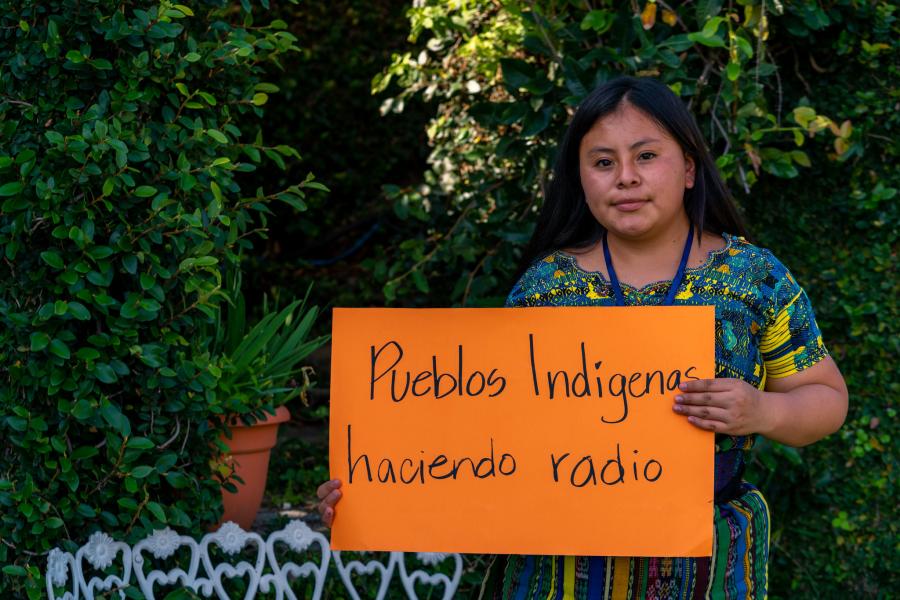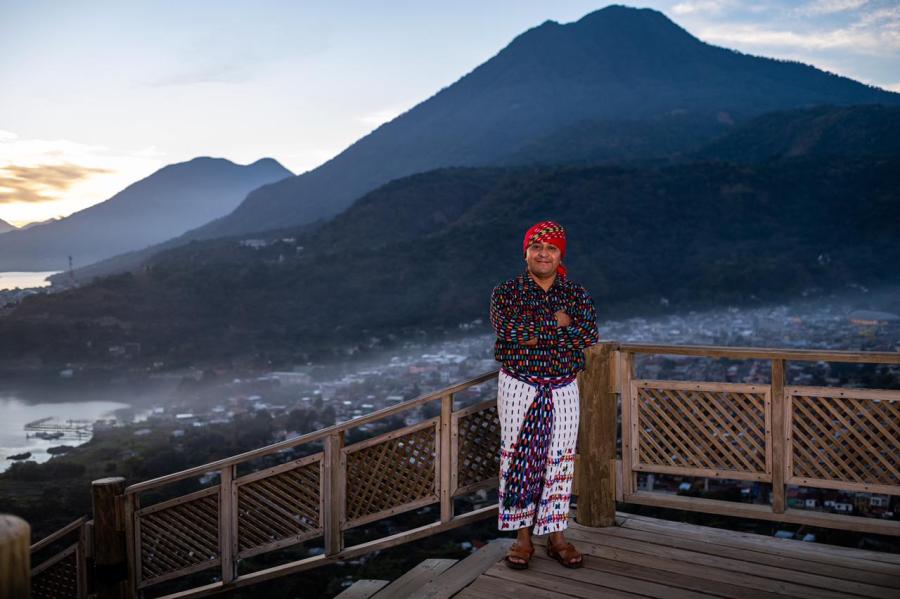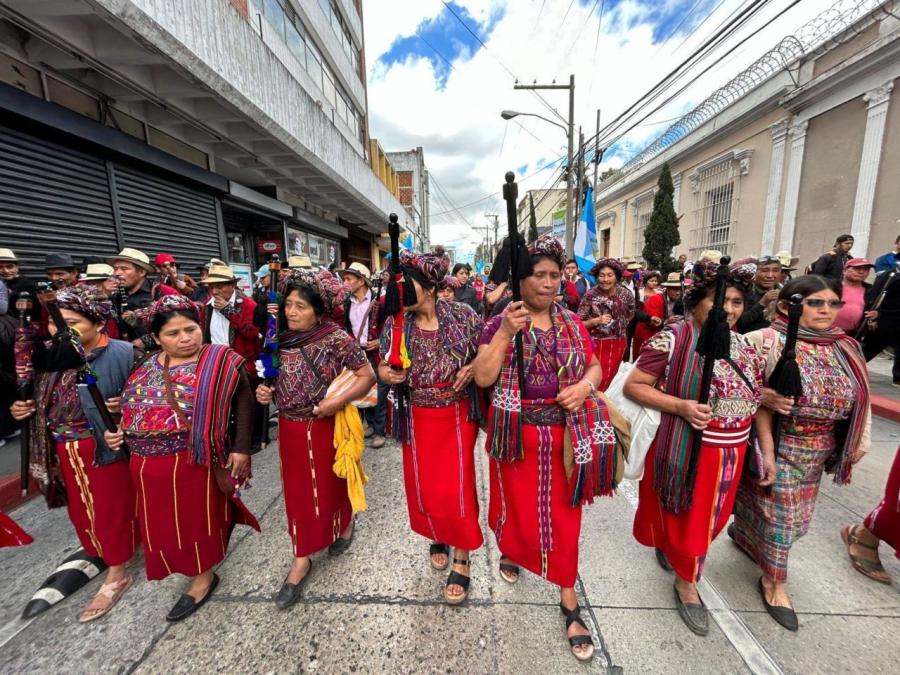On August 6, Guatemala’s Constitutional Court ruled against the creation of a U.N.-led International Commission to Investigate Illegal Bodies and Clandestine Security Forces (CICIACS).
The Guatemala Human Rights Commission/USA and the United Nations Verification Mission in Guatemala (MINUGUA) report that the ruling suggests the Guatemalan government does not have the political will to resolve crimes that have mostly targeted the nation's indigenous Maya population. Max Gimbel of the Guatemala Human Rights Commission/USA said the court’s ruling shows that "the powers that be are interested in maintaining impunity."
The Congressional Court deemed CICIAS unconstitutional on the grounds that it would have powers that Guatemala’s constitution stipulates can only be exercised by the Guatemalan courts. CICIACS would have allowed the international community to initiate prosecutions, to have full disclosure of government and military files, and to enjoy immunity.
Adriana Beltran of the Washington Office on Latin America explained that these articles were designed by the United Nations to strengthen Guatemala’s weak judicial system, and called CICIACS an "innovative" way of correcting the rampant infiltration of the judicial system. CICIACS would be the first commission of its kind to be implemented by the United Nations.
Despite significant cuts to the Guatemalan military, prosecution of corrupt former officials, and a new policy of accepting responsibility in international courts for past human rights abuses, there is still strong evidence that security forces within Guatemala remain corrupt.
On July 21, the 22nd anniversary of the Plan de Sanchez massacre of 268 Maya, a previously anonymous witness of the massacre who had given a crucial testimonial against the state, received a death threat believed to be linked with the National Civic Police. The Guatemala Human Rights Commission/USA reported that on July 22 death threats and intimidation brought exhumations of the clandestine cemeteries of Chimaltenango and Quiche to a halt. These crimes and others against human rights activists and anti-corruption prosecutors are suspected by Guatemalan authorities to be linked to former military and intelligence groups.
National and international pressure to pass CICIACS through the Congressional Courts remains strong. Within Guatemala, both MINUGUA and the Myrna Mack Foundation continue to urge the government to implement CICIACS. At the international level, the United Nations Under-Secretary General for Political Affairs, Kieran Prendergast, has criticized the lack of support the Guatemalan government has given to CICIACS.
Guatemala’s President Oscar Berger has promised to present another proposal to the Constitutional Court. If passed, CICIACS would consist of one representative from the United Nations, one from the Organization of American States (OAS), and one prominent Guatemalan citizen appointed by the Human Rights Ombudsman (PDH). The United Nations has issued a statement to the Constitutional Court saying that it will not support a weak CICIACS that lacks the necessary power to investigate suspected groups.



